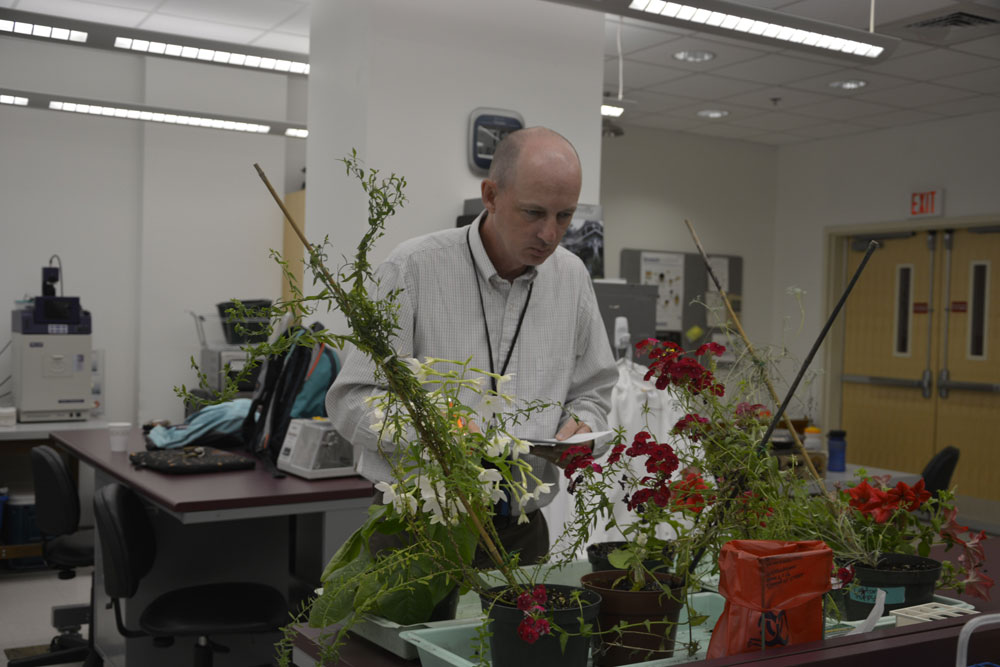 UF Center for Precollegiate Education and Training
UF Center for Precollegiate Education and Training

By partnering with UF CPET for your Broader Impacts you get access to a versatile set of high-impact programs and events that reach K-12 students and teachers from across the state. We do the work to recruit attendees, volunteers, and staff for our programming, so the main things you need to bring are the science content and your ideas for how to share it with eager minds!
UF CPET partners with UF research faculty, staff and students across campus and with education professionals across Florida. We offer decades of experience and educational resources throughout the state to help you and your research make a difference. For information on how we can collaborate with you to develop and/or implement your broader impact statement, please get in touch with us at any of the contacts listed below.
Dr. Mary Jo Koroly, Director
Center for Precollegiate Education and Training
University of Florida
334 Yon Hall, PO Box 112010
Gaineseville, FL 32611-2010
Phone: (352) 392-2310
Fax: (352) 392-2344
Email: cpet@cpet.ufl.edu
Broader Impacts (BI) is one of two merit review criteria, along with Intellectual Merit, that the National Science Foundation (NSF) expects proposers to fully address in their proposals. The definitions of the two criteria, as noted in the NSF Grant Proposal Guide (Ch. III Section A), are listed below:
Requirements for Broader Impacts
The NSF revised the BI requirements in 2013 so that proposals no longer have to span five specific criteria. In its Grant Proposal Guide (Ch. II Section C), the agency now only offers broad guidelines on how researchers can meet the BI requirement and potential social outcomes they can strive to achieve.
Guidance on How Broader Impacts Can Be Accomplished:
Examples of Target Outcomes for Broader Impacts Activities:
*Note that successful proposals often combine several different Broader Impacts approaches and target several different outcomes. For example, a researcher might describe the potential impact of the research itself on a particular industry but also involve undergraduates from underrepresented backgrounds in the research through an REU program and run educational workshops on their research topic for high-school women. Coming soon!! Check out our Successful Examples page to see the blend of BI activities that successfully funded UF faculty have proposed.